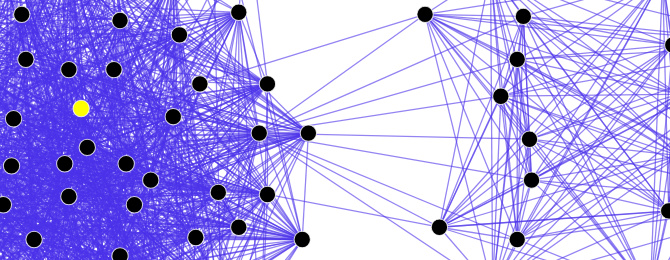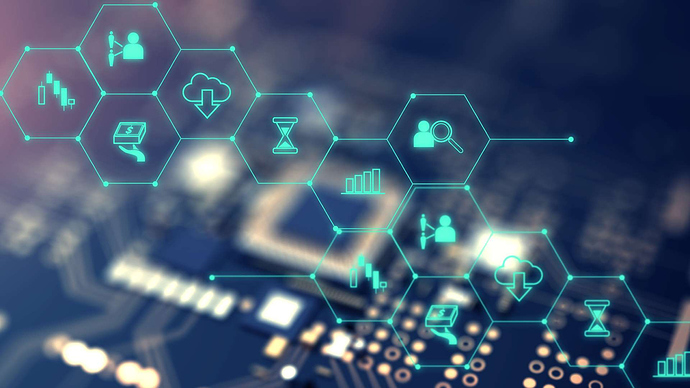21st Century Technological, Economic and Social Dynamism
Technological, economic and social forces seem poised to thrust both greater freedom and greater responsibility on people’s shoulders.
Firstly, if realised, tomorrow’s technological, economic and social dynamism will probably share the dual characteristic of enhancing the scope of feasible action and breaking down many of yesterday’s constraining institutions and rules. Secondly, taking full advantage of future innovative tools such as blockchain, smart contracts, decentralisation and autonomy which are new ways of organising economic activity, and highly heterogeneous social orders is likely to call for a redistribution of power within and across governments, companies, communities and families.
This diffusion of decision-making responsibilities is likely to be both a cause and a consequence of more dynamic, productive and sustainable societies in the future. Indeed, there is potentially a virtuous relationship between changes in governance and greater dynamism – one that finds sustenance in the capacity to be creative.
Technological Dynamism
Technological dynamism is provoking new forms of governance because it entails a fundamental shift in the capacity to make and implement the choices that shape future technological developments. Perhaps the most obvious example of this co-dependence is in the fields of Artificial Intelligence, Blockchain and automation. Though it is important that it is the convergence of emerging technologies is truly brought about the fluidity of technological dynamism.
This is not because there is something unique about the ethical and technical dilemmas posed by these emerging technologies, or because in the future there will suddenly be much less apathy than in the past. Previous technological advances, like those in nuclear science in the 20th century, also called into question the future of the species and elicited considerable political activism by concerned citizens. What makes developments in AI, blockchain and automation different from other breakthroughs in the past is that the vast range of radical applications made possible by these technologies are only likely to emerge in a context where many more people have and want the authority, knowledge and tools needed to take an active part in deciding how these technologies develops and are used.
Economic Dynamism
In particular, economic dynamism in the early part of the 21st century has propelled two general trends with special implications for governance. The first relates to a shift in the predominant source of value-added in the economy as a whole, away from mass production for an impersonal market to a production process where the consumer plays a direct and personal role. The second general trend involves the long-run deepening of economic interdependence, only this time under conditions of much greater transparency and on a global basis due to the blockchain and cryptocurrencies.

Social Dynamism
In coming years, most people will probably experience significant changes in their sense of identity or in the identity expressed by many of the people directly around them. Around the globe, from a wide range of departure points, there are likely to be major alterations in two of the key determinants of self-identity: social status (income, age, profession, etc.) and authority structures (nation, family, religion, etc.).
Such transformations in identity are, in turn, closely tied up with the ways in which people make and implement decisions. New identities, for instance ones that are less obedient, less passive and assume greater responsibility – or the opposite – have profound implications for governance.
We will spend the next two weeks discussing these important issues in detail, we warmly welcome you to take part in our #AGICHAT theme #futureofgovernance



